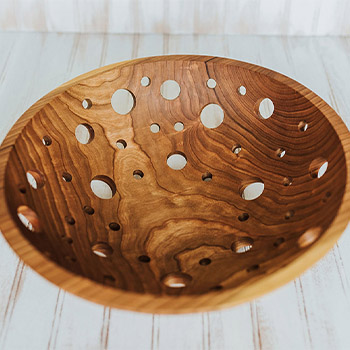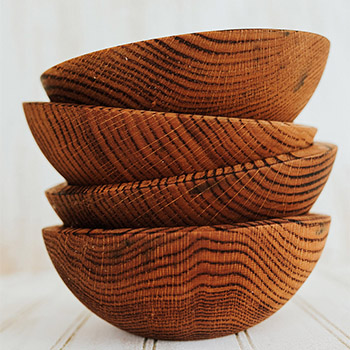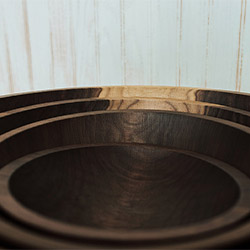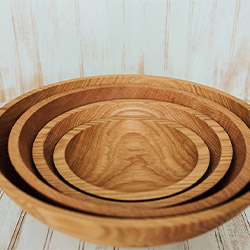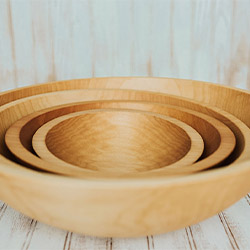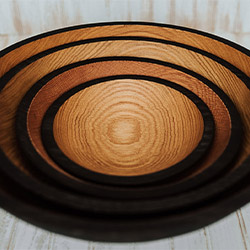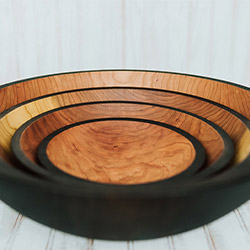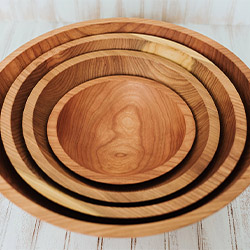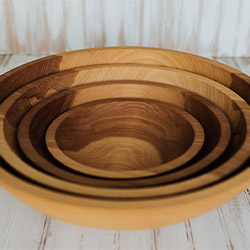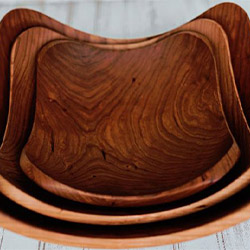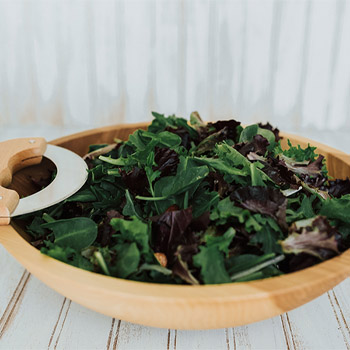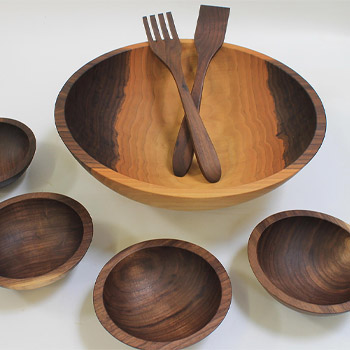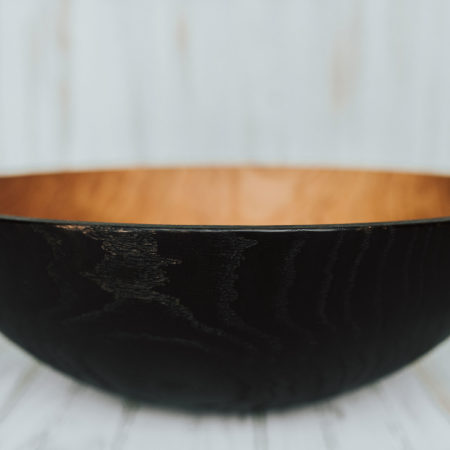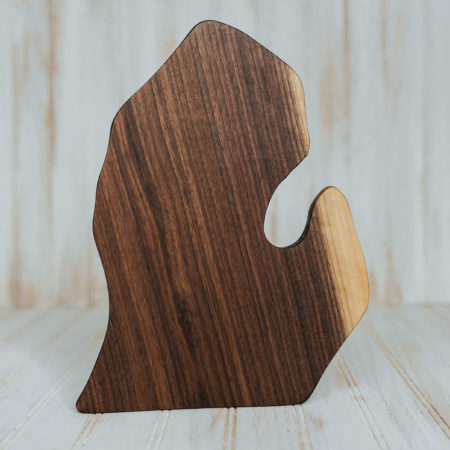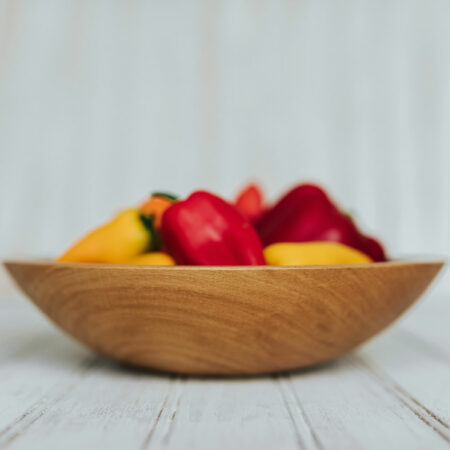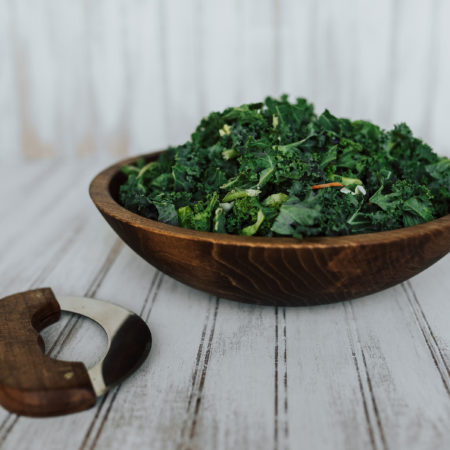Are you tired of your wooden kitchen tools deteriorating after just a few uses? Well, fear not, because there is a simple solution that can prolong their lifespan and enhance your cooking experience.
Properly seasoning your wooden kitchen tools is the key to ensuring their longevity and functionality. But why is it so important, you may ask? Well, let’s dive into the fascinating world of wooden kitchen tools and uncover the reasons behind the necessity of proper seasoning.
Key Takeaways
- Seasoning wooden kitchen tools is important for preventing cracking, warping, and shrinking, as well as enhancing their overall durability.
- Proper seasoning creates a barrier against moisture, temperature, and humidity changes, as well as mold and mildew, increasing the lifespan of the tools.
- Seasoning also improves the performance of wooden utensils by making them smoother, increasing resistance to staining, and maintaining the integrity of ingredients.
- It is crucial to avoid common mistakes such as neglecting to clean the utensils before seasoning, applying too much oil or wax, rushing the seasoning process, and trapping dirt or bacteria in the wood, as these can compromise the quality and safety of the utensils.
Benefits of Seasoning Wooden Kitchen Tools
Seasoning your wooden kitchen tools offers numerous benefits, ensuring their longevity and enhancing their performance. By taking the time to properly season your wooden spoons, cutting boards, and other kitchen utensils, you aren’t only preserving their beauty but also creating a deeper sense of connection to your cooking space.
One of the key benefits of seasoning wooden kitchen tools is that it helps to prevent cracking and warping. Wood is a natural material that can easily be affected by changes in temperature and humidity. When you season your tools, you’re essentially sealing the wood, creating a barrier that helps to protect it from these external factors. This means that your tools are less likely to split or warp over time, ensuring that they’ll last for years to come.
Additionally, seasoning your wooden kitchen tools enhances their performance. When wood is properly seasoned, it becomes smoother and more resistant to staining. This means that your spoons will glide effortlessly through your pots and pans, and your cutting board will be less likely to absorb flavors and odors from the foods you prepare. This not only makes your cooking experience more enjoyable but also helps to maintain the integrity of your ingredients.
In essence, seasoning your wooden kitchen tools not only ensures their longevity but also enhances their performance. By taking the time to care for and maintain your tools, you’re creating a stronger connection to your kitchen and the meals you prepare.
Understanding the Importance of Proper Seasoning
To ensure the longevity and optimal performance of your wooden kitchen tools, it is crucial to understand the importance of proper seasoning. Seasoning your wooden kitchen tools involves treating them with oil or wax to protect them from moisture, prevent cracking, and enhance their durability. Properly seasoned tools not only last longer but also maintain their beauty and functionality over time. Let’s explore the importance of proper seasoning in more detail.
One of the main reasons for seasoning your wooden kitchen tools is to protect them from moisture. Wood is a natural material that can absorb and release moisture depending on the environment. When exposed to excessive moisture, wood can swell, warp, or even develop mold and mildew. By seasoning your tools, you create a protective barrier that prevents moisture from penetrating the wood, thus preventing damage.
Another significant benefit of seasoning is that it helps prevent cracking. Wood can dry out over time, especially when exposed to heat or direct sunlight. This drying process can cause the wood to shrink, leading to cracks and splits. By regularly applying oil or wax to your tools, you replenish the moisture content in the wood and minimize the risk of cracking.
Lastly, proper seasoning enhances the overall durability of your wooden kitchen tools. By creating a barrier against moisture and preventing cracking, seasoning helps extend the lifespan of your tools. When properly cared for, seasoned wooden tools can withstand the rigors of daily use and last for generations.
To summarize the importance of proper seasoning, refer to the table below:
| Benefits of Proper Seasoning |
| Protects against moisture |
| Prevents cracking |
| Enhances durability |
Step-By-Step Guide to Seasoning Wooden Utensils
To properly season your wooden utensils, begin by selecting a high-quality oil or wax. This will help protect the wood from moisture, prevent cracking, and extend the lifespan of your utensils.
Here is a step-by-step guide to seasoning your wooden utensils:
- Clean the Utensils: Before seasoning, make sure to clean your wooden utensils thoroughly with mild soap and warm water. Rinse them well and allow them to dry completely.
- Apply the Oil or Wax: Once your utensils are dry, apply a thin coat of oil or wax to the entire surface of the wood. Use a clean cloth or your hands to evenly distribute the oil or wax. Be sure to cover all sides, including the handles and any intricate designs.
- Let it Soak: Allow the oil or wax to soak into the wood for about 15-30 minutes. This will help the wood absorb the protective layer and create a barrier against moisture.
- Remove Excess: After the soaking time, use a clean cloth to wipe off any excess oil or wax. This will prevent any sticky residue from forming on the utensils.
Common Mistakes to Avoid When Seasoning
One common mistake to avoid when seasoning wooden utensils is neglecting to properly clean them before applying the oil or wax. Cleaning your wooden utensils is an essential step that shouldn’t be overlooked. By neglecting to clean your utensils, you may be trapping dirt, debris, and even bacteria in the wood. This can lead to the growth of harmful microorganisms and compromise the quality and safety of your utensils.
To properly clean your wooden utensils, start by washing them with warm soapy water. Use a gentle dish soap and a soft sponge or cloth to remove any food residue or stains. Rinse the utensils thoroughly and allow them to air dry completely before moving on to the next step.
Once your utensils are clean and dry, you can proceed with the seasoning process. Another mistake to avoid is applying too much oil or wax. Remember that the purpose of seasoning is to protect and moisturize the wood, not to create a greasy surface. Apply a thin, even layer of oil or wax to the utensils using a clean cloth or brush. Allow the utensils to absorb the oil or wax for a few minutes, and then wipe off any excess with a clean cloth.
Lastly, one important mistake to avoid is rushing the seasoning process. Seasoning wooden utensils takes time and patience. It’s recommended to repeat the seasoning process several times, allowing the wood to absorb the oil or wax fully. This will help to build up a strong and durable protective layer on the utensils. By rushing the process, you may not achieve the desired results, and the utensils may not be adequately protected.
Recommended Oils for Seasoning Wood Products
Properly cleaning your wooden utensils sets the foundation for the next step in seasoning: choosing the right oils to protect and enhance the wood. Just like cleaning, selecting the appropriate oils is essential to maintain the longevity and beauty of your wooden kitchen tools. Here are some recommended oils to consider:
- Mineral Oil: This is a popular choice for seasoning wooden utensils due to its low cost and easy availability. It’s a food-safe oil that helps to prevent water absorption and keeps the wood moisturized.
- Coconut Oil: Not only does coconut oil have a pleasant aroma, but it also has natural antimicrobial properties. It forms a protective layer on the wood, preventing it from drying out and cracking.
- Walnut Oil: Walnut oil is another excellent option for seasoning wooden utensils. It has a mild nutty scent and dries quickly, forming a durable finish that enhances the natural beauty of the wood.
- Beeswax: Beeswax is a natural wax that can be used in combination with oils to create a protective barrier on the wood. It adds a smooth and glossy finish while also providing water resistance.
How Often Should You Season Wooden Kitchen Tools?
To maintain the longevity and beauty of your wooden kitchen tools, it’s important to regularly season them with the appropriate oils. But how often should you do it? Well, the frequency of seasoning your wooden kitchen tools depends on a few factors.
Firstly, consider how often you use your wooden kitchen tools. If you use them daily, it’s recommended to season them once every month. Regular use can cause the wood to dry out and lose its natural oils, so seasoning them regularly will help restore and maintain its moisture content.
Secondly, take into account the type of wood your kitchen tools are made from. Different woods have different levels of porosity and susceptibility to drying out. For example, hardwoods like maple and cherry are less porous and can retain moisture better than softwoods like pine or spruce. So, if you have tools made from hardwood, you may need to season them less frequently, perhaps every two to three months. On the other hand, if your tools are made from softwood, it’s advisable to season them more often, every four to six weeks.
Lastly, pay attention to the appearance and feel of your wooden kitchen tools. If you notice that they’re becoming dry, rough, or developing cracks, it may be a sign that they need to be seasoned more frequently. Trust your instincts and give your tools the care they deserve.
Tips for Maintaining Properly Seasoned Wood Products
If you want to ensure that your wooden kitchen tools stay in optimal condition, there are a few simple tips for maintaining their properly seasoned state.
Here are some tips to help you maintain your wooden kitchen tools:
- Clean them properly: After each use, make sure to clean your wooden kitchen tools with warm water and mild soap. Avoid using harsh chemicals or abrasive sponges, as they can strip away the seasoning and damage the wood. Gently scrub the surface, rinse well, and dry thoroughly before storing.
- Re-season regularly: Over time, the seasoning on your wooden kitchen tools may start to wear off. To maintain their properly seasoned state, it’s important to re-season them regularly. Simply apply a thin coat of food-grade mineral oil or beeswax to the surface of the wood and let it soak in for a few hours or overnight. Wipe off any excess oil or wax before using.
- Store them properly: Proper storage is essential to maintain the seasoning on your wooden kitchen tools. Store them in a cool, dry place away from direct sunlight and heat sources. Avoid storing them in a crowded drawer or next to other tools that can scratch or damage the wood.
- Avoid excessive moisture: Excessive moisture can cause wooden kitchen tools to warp, crack, or develop mold. Avoid soaking them in water for extended periods, and never put them in the dishwasher. Instead, hand wash and dry them immediately after use to prevent moisture from penetrating the wood.
Summary
Properly seasoning wooden kitchen tools is essential for their durability and longevity.
By following the step-by-step guide and avoiding common mistakes, you can ensure that your utensils are well-maintained.
Regularly seasoning wooden tools with recommended oils won’t only enhance their natural beauty but also protect them from moisture and bacteria.
So, take the time to season your wooden kitchen tools and enjoy the benefits of using them for years to come.

